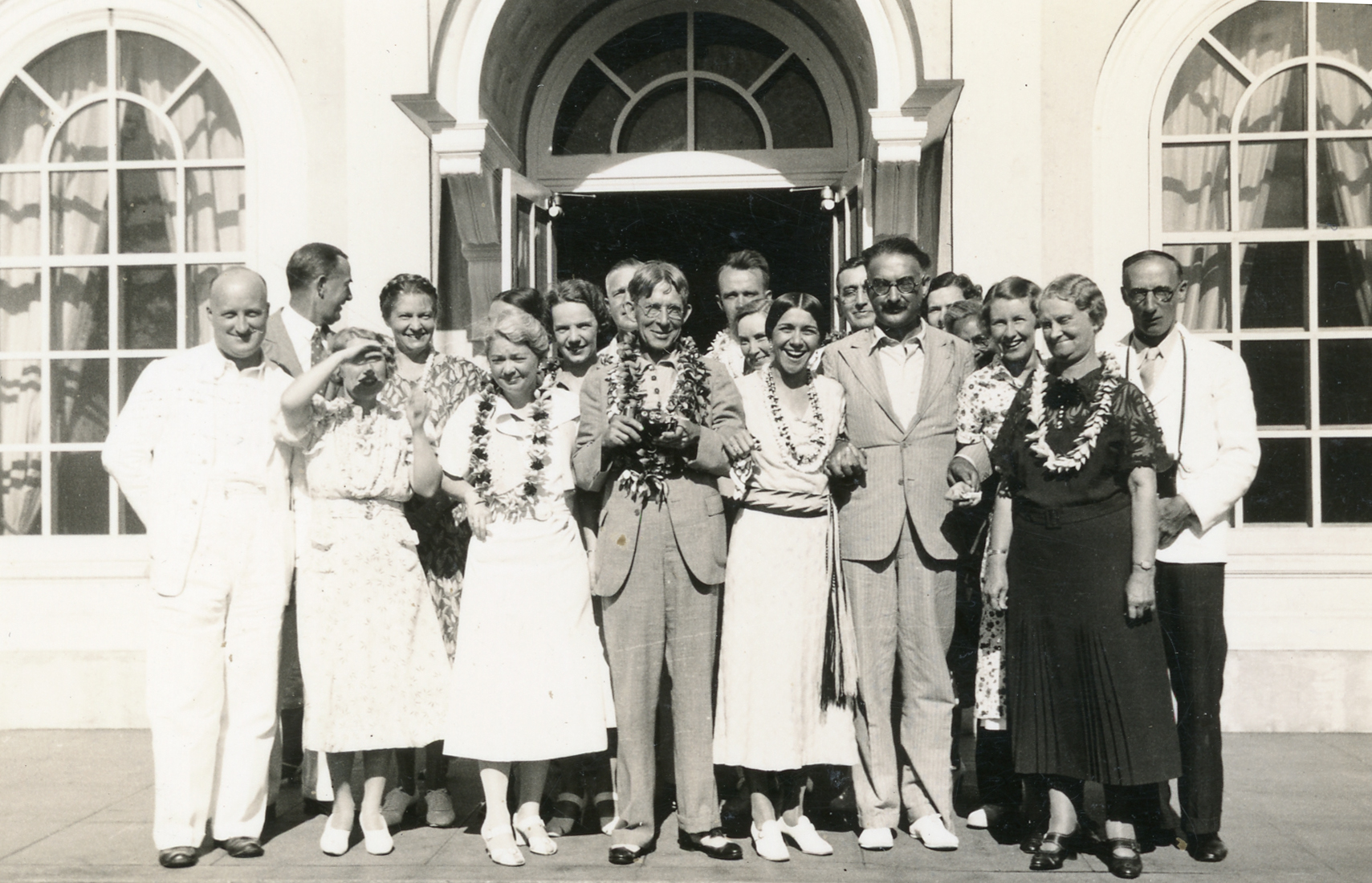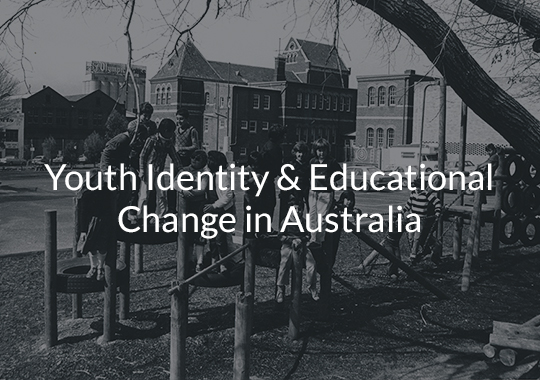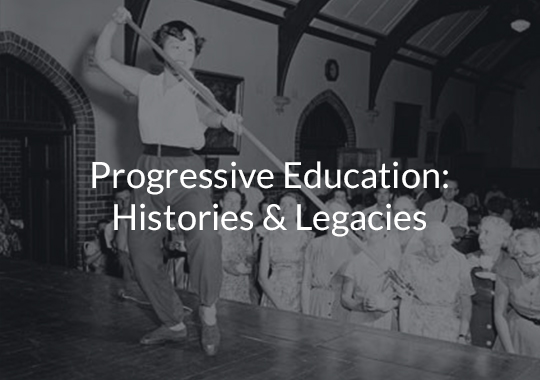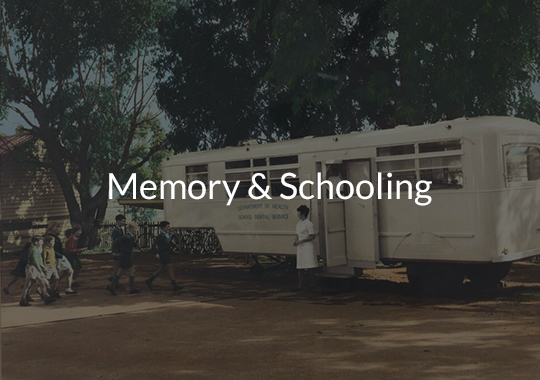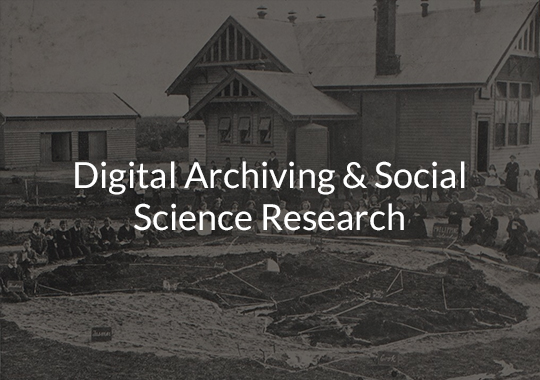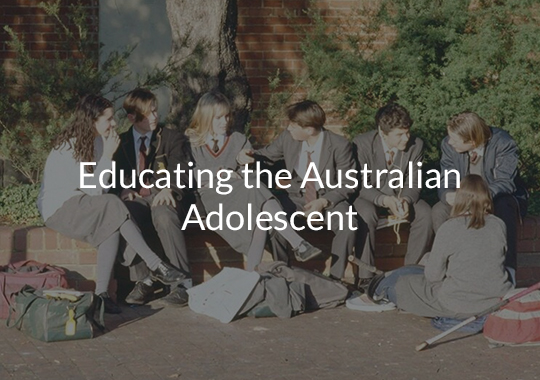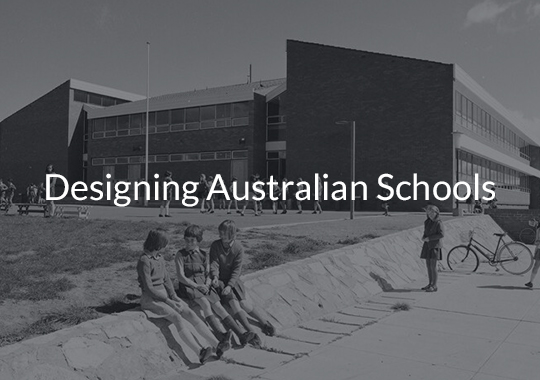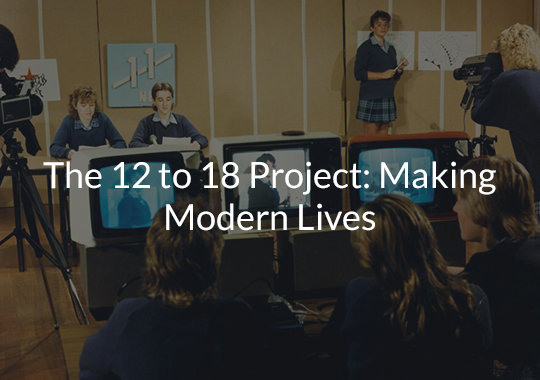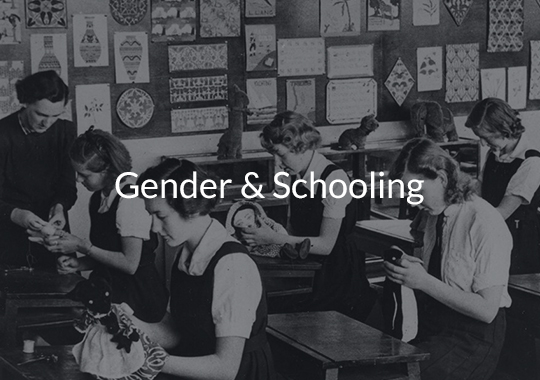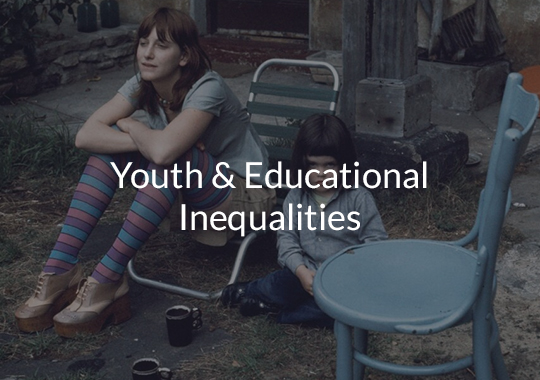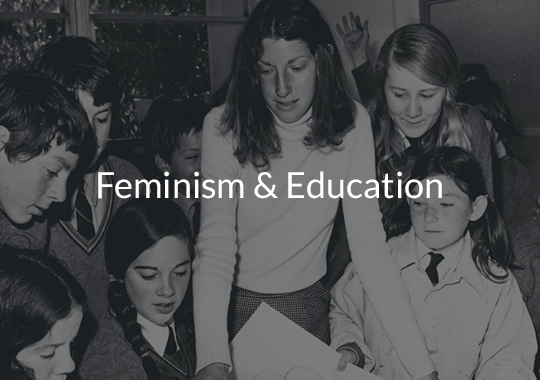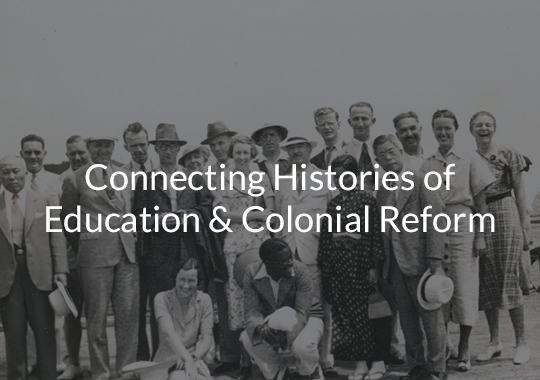The interwar era was a time of intense interest in education as a new social scientific means for humanitarian change as well as a buttress in support of custodial and colonial power. The applied social sciences – from anthropology and psychology to child science and pedagogy – were integral to these debates at international, national and local levels.
Networks of influence and exchange can be traced from international organisations such as the New Education Fellowship and the International Bureau of Education, to imperial and national responses to the question of education for natives or Indigenous peoples in settler colonies, to the interactions on the ground of teachers and students in schools, on missions and settlements.
New theories about ‘race’, culture, and society, which underpinned liberal progressive ideas about educational reform and colonial relations, were articulated through the League of Nations and its various official bodies. They circulated too within a range of non-governmental international networks reaching into Australia and across the Pacific. In these various locales, the making of modern citizens and the modernising of ‘native’ subjects were promoted as urgent matters, essential to the future of Western authority in world affairs.
Two pressing gaps in our knowledge of these matters persist.
First, while we know much about the history of interwar colonialism and of progressive educational reform from the vantage point of metropolitan Europe and imperial powers, we know considerably less about how these matters were approached from other locales such as Australia and Oceania.
Through key case studies, we seek to uncover the ways and means by which educational ideas travelled across regions and were taken up in different locales, enabling a better understanding of the mobility and takeup of reform agendas in this period. This will also allow us to see more clearly where the fissures and fractures between them operate, particularly in imagining ‘native’ and white subjects as distinct populations in the project of educational and colonial reform.
Second, recent scholarship on this period has shown how education has been a conduit for nurturing desired characteristics of ‘worldliness’ in young people. This has had racialised consequences, with constructions of worldly and native subjects counterposed. Little is known about how the co-creation of worldly and ‘native’ subjects was enacted or contested, about the tensions and challenges to which it gave rise, or indeed about education’s dual role as a site both of humanitarian reform and of colonial governance during this period. We ask how these matters were negotiated and materialised in the Dominions and in the specific context of Australia, and how their legacies continue into the present.

